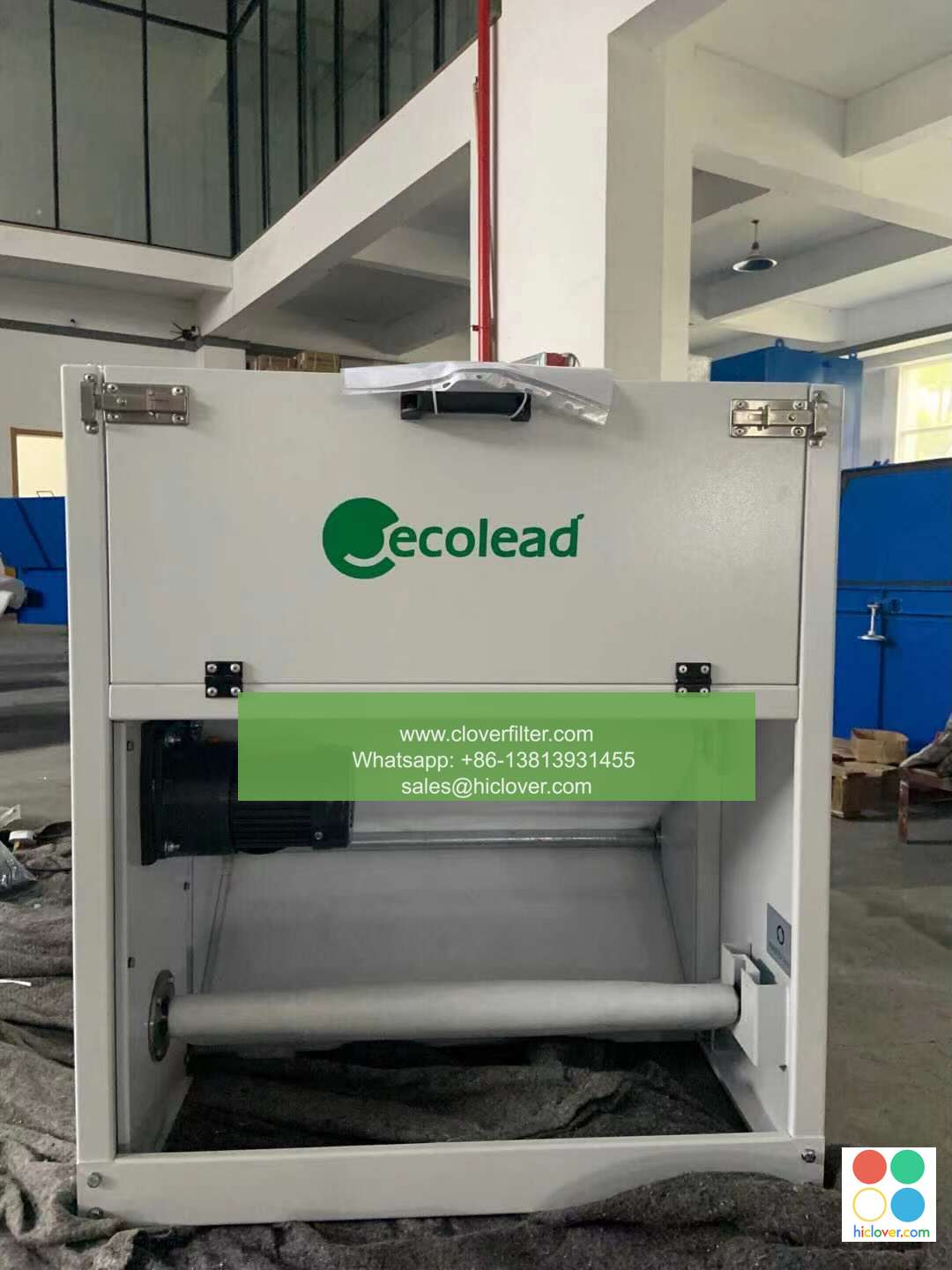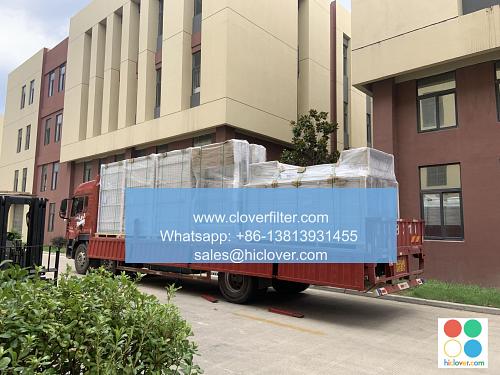The Role of Air Filters in Reducing Allergy Symptoms

Allergies can be a real nuisance, causing symptoms such as congestion, sneezing, and itchy eyes. One of the most effective ways to reduce allergy symptoms is by using air purification systems with hepa filters, which can remove allergens and other particles from the air. In this article, we will explore the role of air filters in reducing allergy symptoms and highlight various application areas where they can be used.
How Air Filters Work
Air filtration systems work by removing particles and allergens from the air, preventing them from being inhaled. HEPA filters, in particular, are designed to capture 99.97% of particles as small as 0.3 microns, including dust mites, pet dander, pollen, and mold spores. By removing these allergens from the air, air filters can help alleviate allergy symptoms such as congestion, sneezing, and itchy eyes.
Types of Air Filters
There are several types of air filters available, each with its own unique features and benefits. Some of the most common types of air filters include:
- HEPA filters: These filters are designed to capture 99.97% of particles as small as 0.3 microns and are ideal for removing allergens and bacteria from the air.
- Activated carbon filters: These filters are designed to remove odors and gases from the air and can be used to remove volatile organic compounds (VOCs) and other chemicals.
- UV filters: These filters use ultraviolet light to kill bacteria and viruses and can be used to remove germs and other microorganisms from the air.
- Home air purification: Air filters can be used in home air purification systems to remove allergens and other particles from the air, creating a healthier living space.
- Commercial air filtration: Air filters can be used in commercial air filtration systems to remove allergens and other particles from the air, creating a healthier work environment.
- Industrial air purification: Air filters can be used in industrial air purification systems to remove hazardous particles and gases from the air, creating a safer work environment.
- Vehicle air filtration: Air filters can be used in vehicle air filtration systems to remove allergens and other particles from the air, creating a healthier driving experience.
- Reduced allergy symptoms: By removing allergens from the air, air filters can help alleviate allergy symptoms such as congestion, sneezing, and itchy eyes.
- Improved indoor air quality: Air filters can help remove particles and gases from the air, creating a healthier indoor environment.
- Increased energy efficiency: Air filters can help reduce energy consumption by removing particles and gases from the air, allowing HVAC systems to run more efficiently.
- Extended equipment life: Air filters can help extend the life of HVAC equipment by removing particles and gases from the air, reducing wear and tear on the equipment.
Application Areas for Air Filters
Air filters can be used in a variety of application areas, including:
Benefits of Air Filters
The benefits of air filters are numerous, including:
Conclusion
In conclusion, air filters play a crucial role in reducing allergy symptoms and improving indoor air quality. By removing allergens and other particles from the air, air filters can help alleviate allergy symptoms and create a healthier living and working environment. Whether used in home air purification, commercial air filtration, industrial air purification, or vehicle air filtration, air filters are an essential component of any air purification system. So why not consider investing in an air filter today and start breathing easier?
You haven’t asked a question or provided any context. What would you like to talk about or ask? I’ll do my best to provide a helpful and direct response.

